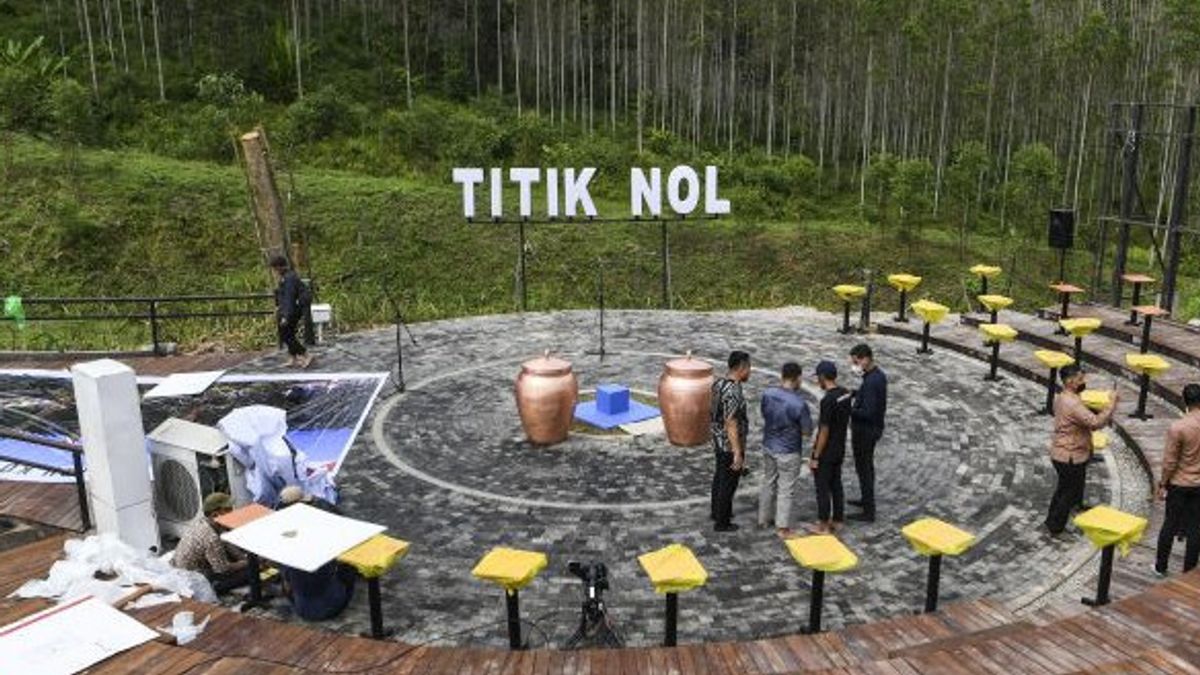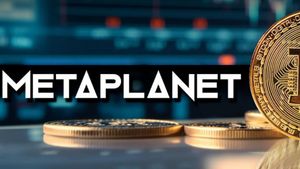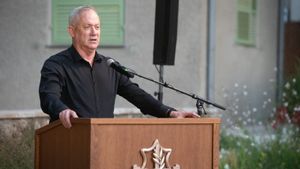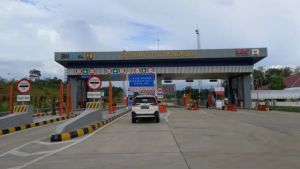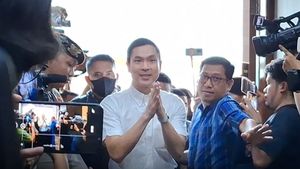JAKARTA - The Indonesian government through the Ministry of Energy and Mineral Resources (ESDM) and the United States signed the Memorandum of Understanding (MoU) Clean Energy Working Group Indonesia-United States.
The MoU was signed by the Secretary General of the Ministry of Energy and Mineral Resources Rida Mulyana together with Assistant Secretary of Commerce and Director General of the US and Foreign Commercial Service, US Department of Commerce Arun Venkataraman.
Rida said that the MoU Clean Energy Working Group will be the basis for cooperation and encouraging and promoting bilateral cooperation in the field of clean energy.
"This MoU will form the basis of cooperation and promote bilateral cooperation in the field of clean and renewable energy in Indonesia. This will cover various fields, such as CCUS, cybersecurity, SMR technology, geothermal, bioethenol, and smart city technology for the new capital city, the nation's capital. This collaboration will also replace the MoU Power Working Group which was previously signed in 2015," said Rida in her remarks after the signing of the MoU at the Office of the Ministry of Energy and Mineral Resources Jakarta, Thursday, March 16.
Rida said, to follow up on this signing, the Government of Indonesia invited the United States business entity to collaborate, not only for investment but also to improve energy transition technology in Indonesia. "From the regulatory side, Presidential Regulation Number 112 of 2022 which has been issued is a manifestation of the Government's commitment to accelerate the development of EBT nationally," he added.
In addition to the development of EBT, the role of mineral commodities in the energy transition is no less important. The Indonesian government will also prioritize domestic mineral commodities for energy transition projects, including energy storage facilities, electric vehicle batteries, and downstreaming of the mineral industry.
"Indonesia needs support on how to downstream critical minerals. Downstreaming is all associated with energy transition. From the demand side, there is an acceleration of the use of electric motorized vehicles in which there is the use of batteries, which contain critical metals with resources in Indonesia," said Rida.
This other agreement from the MoU, hoped Rida, will have an investment flow and create new jobs. At the same time, the Ministry of Energy and Mineral Resources continues to develop and improve business processes, including simplifying licensing.
"In addition to increasing investment, certainty in financing support is needed in order to achieve the NZE 2060 target. Not only the United States, several other developed countries have participated in the framework of JETP, such as Germany, Japan, and Norway, according to the results of the G20 Summit which was held last year," said Rida.
For information, the MOU Clean Energy Working Group is an MoU related to the establishment of a working group for the development of clean energy in Indonesia, this MoU will replace the MOU Indonesia - United States related to the Power Working Group for Indonesia which was signed in 2015 and only focused on electricity issues, at that time the program was 35 GW.
The areas of cooperation covered by the MoU Clean Energy Working Group are super grids and/or smart grids, reduction in the use of diesel power plants, Small Modular Reactor Technology (SMR), cyber security, Carbon Capture and Utilization Storage (CCUS); microgrid, digitization, energy storage, smart city, generating efficiency, bioethanol, and geothermal.
The English, Chinese, Japanese, Arabic, and French versions are automatically generated by the AI. So there may still be inaccuracies in translating, please always see Indonesian as our main language. (system supported by DigitalSiber.id)
